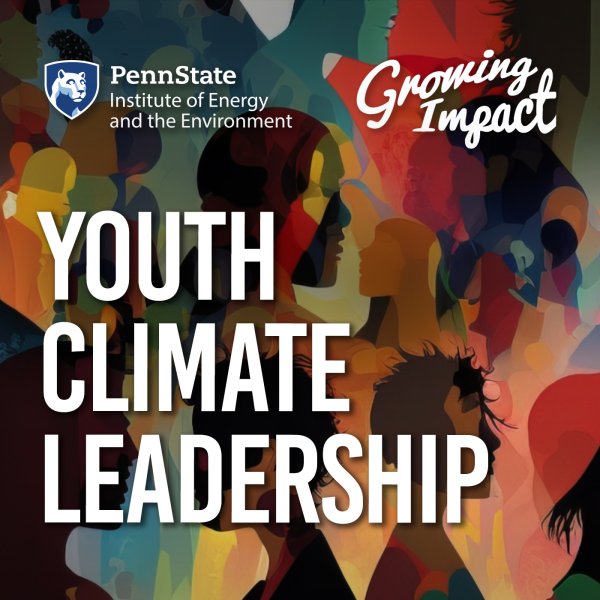Ross Student Farm welcomes all for Earth Day celebratory event Apr. 20
| psu.edu
Celebrate the excitement of Earth Week and the role agriculture plays in becoming better stewards of the Earth from 1-3 p.m. on Saturday, April 20, at the Dr. Keiko Miwa Ross Student Farm.
Rock permeability, microquakes link may be a boon for geothermal energy
| psu.edu
Using machine learning, researchers at Penn State have tied low magnitude microearthquakes to the permeability of subsurface rocks beneath the Earth, a discovery that could have implications for improving geothermal energy transfer. The work suggests seismic monitoring could broadly be used to improve geothermal energy transfer efficiencies across a wide range of sites, according to the researchers.
New Kensington undergraduate research highlighted at annual exposition
| psu.edu
Undergraduate research was on display at the annual Research and Student Engagement Expo on April 9 at Penn State New Kensington.
Penn State Harrisburg to host 2024 Symposium on Signal Integrity
| psu.edu
The Center for Signal Integrity at Penn State Harrisburg will host the 17th annual Combined Central Pennsylvania Symposium on Signal Integrity and Mid Atlantic Semiconductor Hub Forum on April 19 in the Capital Union Building on campus.
Climate Consortium webinar to discuss fostering collaboration across University
| psu.edu
The Penn State Climate Consortium is hosting an informational webinar from 3-4 p.m. on Tuesday, April 16, to introduce its initiatives and opportunities for the University community.
Glacier lake outburst floods: Loss of life and infrastructure
| by Tejal Shirsat, Abriti Moktan, Christopher Scott
A massive glacial lake outburst flood (GLOF) devastated Sikkim, India in October 2023. The disaster, triggered by a landslide and heavy rainfall, caused widespread death and destruction. Scientists had warned of the GLOF risk, but development projects in the fragile Himalayan region may have exacerbated the damage. The event highlights the need for improved disaster planning that considers scientific knowledge, local community concerns, and the impact of climate change.
After a long slog, climate change lawsuits will finally put Big Oil on trial
| columbian.com
After years of legal appeals and delays, some oil companies are set to stand trial in lawsuits brought by state and local governments over the damages caused by climate change. This article quotes Hannah Wiseman, professor of law at Penn State Law and professor and Wilson Faculty Fellow in the College of Earth and Mineral Sciences.
Penn State team wins national competition on use of AI in the energy industry
| psu.edu
A team of five graduate students from the College of Earth and Mineral Sciences won first place in the 2024 Chevron National Engineering Competition. The annual competition challenges teams to present novel ideas about contemporary subjects in the petroleum and energy industry, with this year’s topic focused on use cases for implementing artificial intelligence.
Podcast sheds light on the evolution of disease-causing pathogens
| psu.edu
For the latest episode of the Tracking Traits podcast, Penn State forensic science undergrad Emma Sieminski interviewed Andrew Read, Evan Pugh professor of biology and entomology and senior vice president of Research at Penn State.
Architecture head and Arts and Architecture dean to discuss AI
| psu.edu
Frank Jacobus, professor and head of the Penn State Department of Architecture in the College of Arts and Architecture’s Stuckeman School, will discuss his new book with B. Stephen Carpenter II, Michael J. and Aimee Rusinko Kakos Dean of the College of Arts and Architecture, at 4:15 p.m. April 15 at the Woskob Family Gallery, located at 146 South Allen St. in State College.
EarthTalks: Michael Waring to discuss indoor air quality on April 15
| psu.edu
Michael Waring, professor and department head of civil, architectural and environmental engineering at Drexel University, will give the talk, “Exposure to indoor PM2.5 and impact of outdoor-to-indoor temperature and humidity gradients,” at 4 p.m. Monday, April 15, in 112 Walker Building on the University Park campus.
Scientists raise concerns about steady decline of honey production: '[It's] driving most of what we're seeing'
| thecooldown.com
Honeybees in the U.S. have been steadily producing less honey, and a new study by Penn State University has discovered the factors that may be causing that decline. This article features Penn State research.

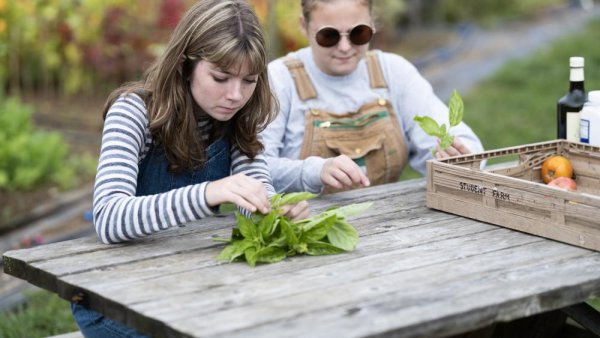
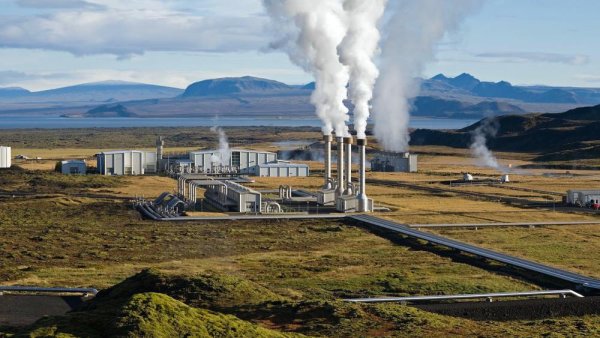
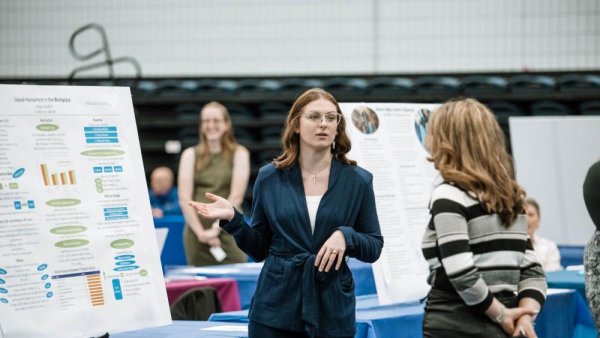

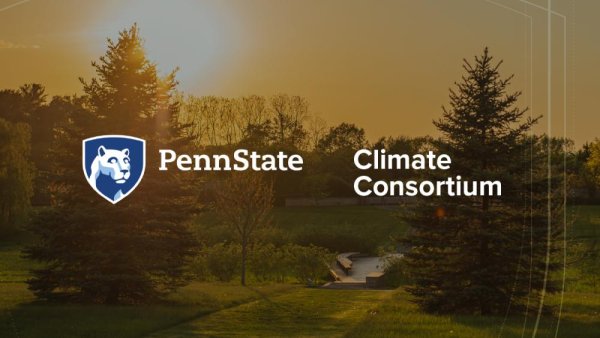
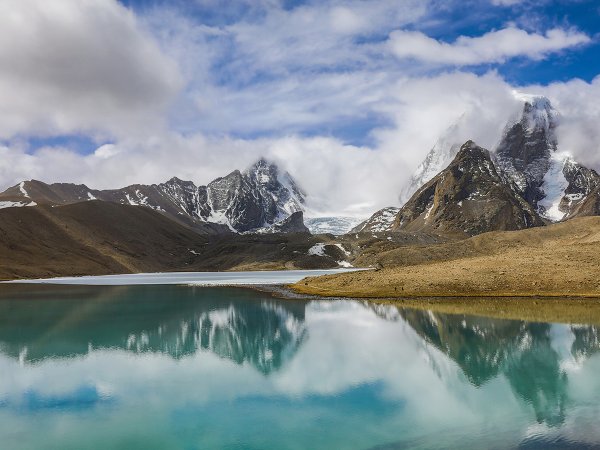
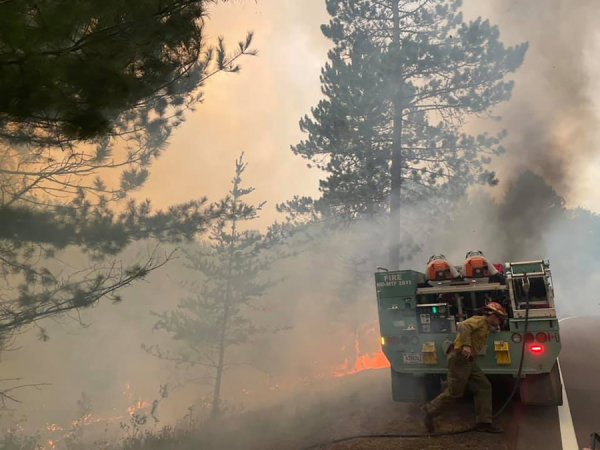
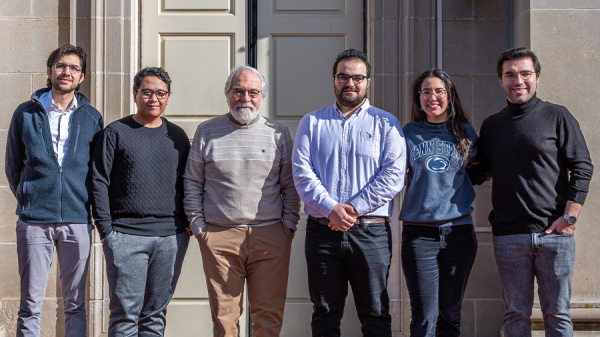
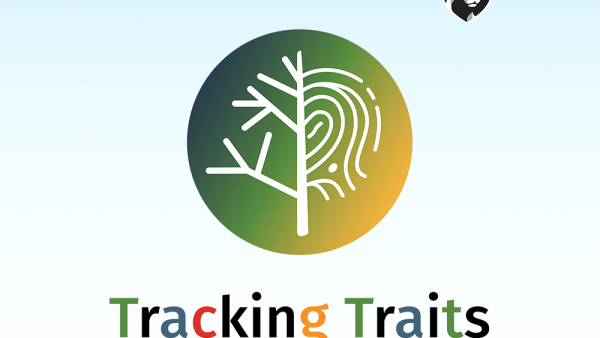
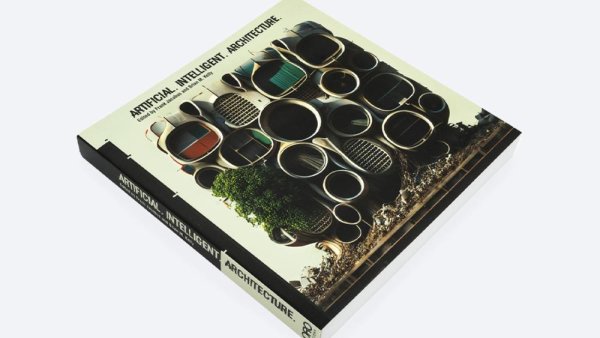
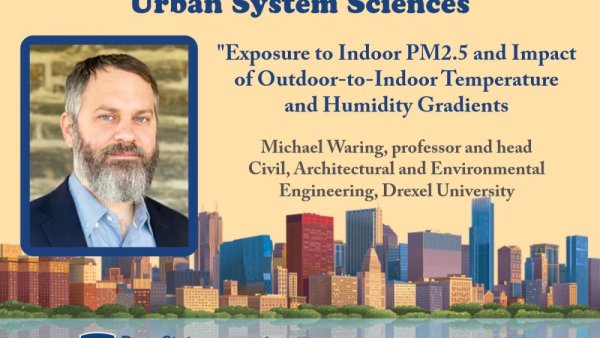
![Scientists raise concerns about steady decline of honey production: '[It's] driving most of what we're seeing'](/sites/default/files/styles/large/public/cover-images/scientists-raise-concerns-about-steady-decline-honey-production-its-driving-most-what-were-seeing.jpg?itok=JHpwoxau)
